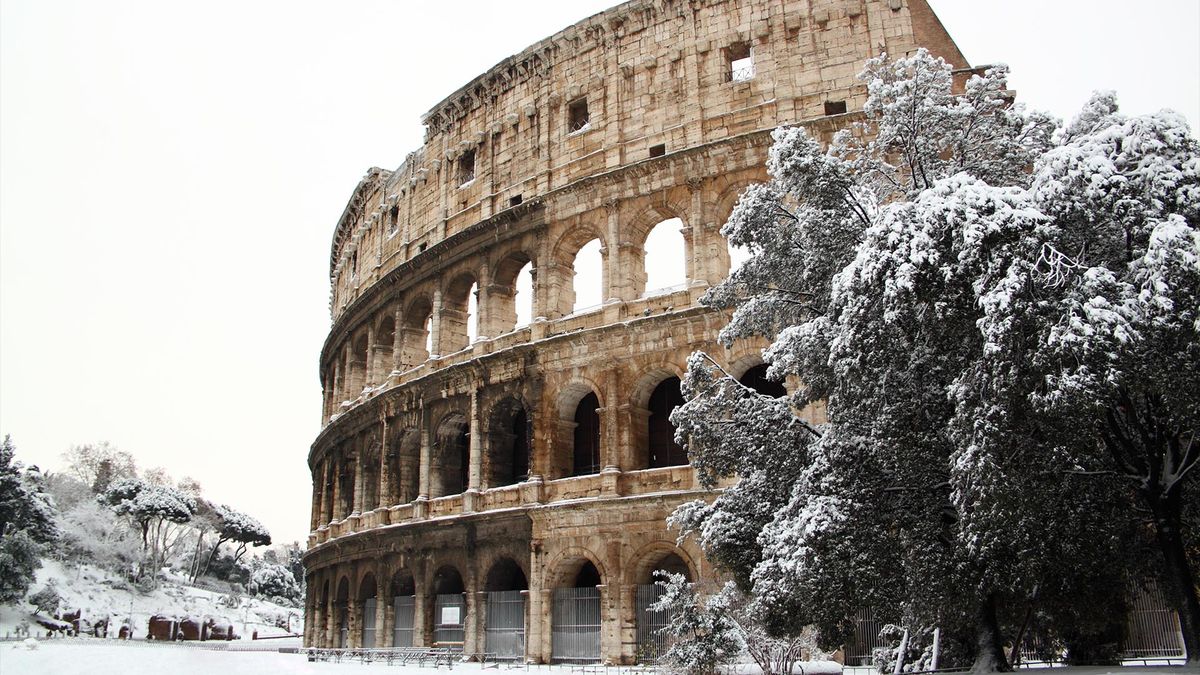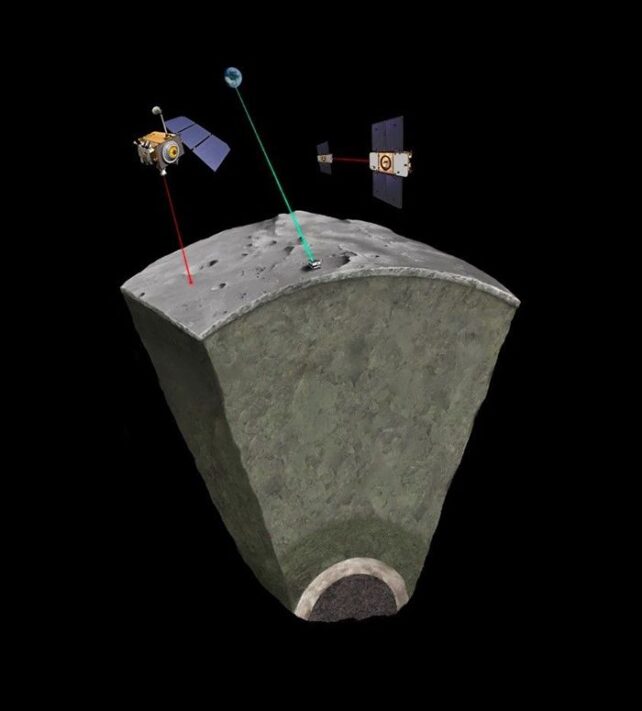The study suggests that cold snaps could have triggered catastrophic pandemics for ancient Romans, leading to a significant loss of life. The research links periods of climate variation with major pandemics and reveals that the three largest pandemics of the Roman period coincided with some of the most abrupt and deepest cold snaps on record. The study’s findings highlight the potential impact of climate change on ecosystems, pathogens and human societies. The research focuses on sediment cores extracted from the Gulf of Taranto, which captures sediment washed out from the Po River and other rivers that drain the Apennine Mountains – essentially the heart of the Roman Empire. Key data was derived from volcanic glass in the sediments, which could be chemically traced to known eruptions, providing insights into the period spanning from 200 B.C. to A.D. 600. The study reconstructed temperature and rainfall using tiny organisms called dinoflagellates preserved in the sediment, revealing a stable climate period between 200 and 100 B.C., followed by a series of short cold pulses. Significantly, the periods of cold climate closely coincided with major pandemics, such as the Antonine Plague, the Plague of Cyprian, and the Plague of Justinian. The correlation between times of major infectious disease outbreaks in Europe and phases of cold climate was found to be striking. The study suggests that disease outbreaks and climate may be linked for various reasons – from ecological changes increasing the likelihood of animal diseases spilling over to humans, to changes in human resilience. While the topic is interesting, there are questions about the certainty of the climate reconstruction, according to Ulf Büntgen, a professor of environmental systems analysis at the University of Cambridge who was not involved in the study. The researchers aim to conduct a deeper comparison of the data in the sediment core with other climate records and archaeological studies of the Roman heartland to further their understanding of the relationship between climate change and the resilience of ancient societies. The research was published in the journal Science Advances on Jan. 26.
Devastating Roman-era plagues were ushered in by cold snaps, study finds














